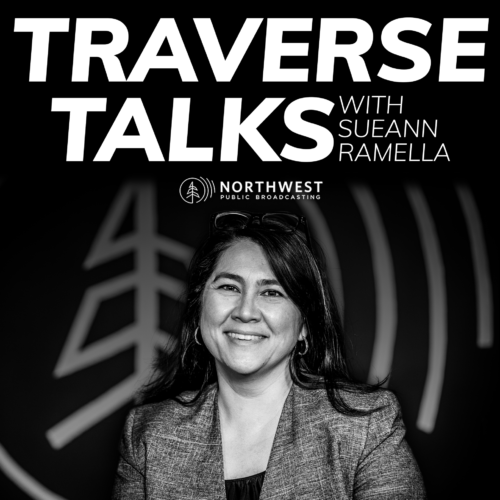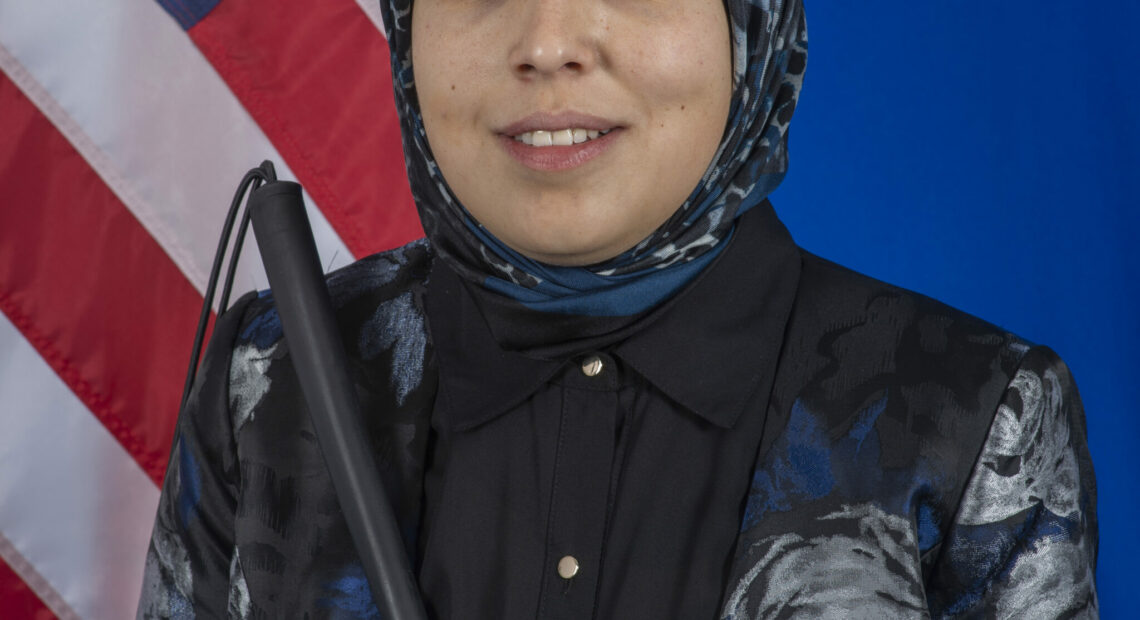
Seeing People As They Are, Not How They Look ‘Traverse Talks’ Episode 35 – With Inclusion & Disability Expert Sara Minkara
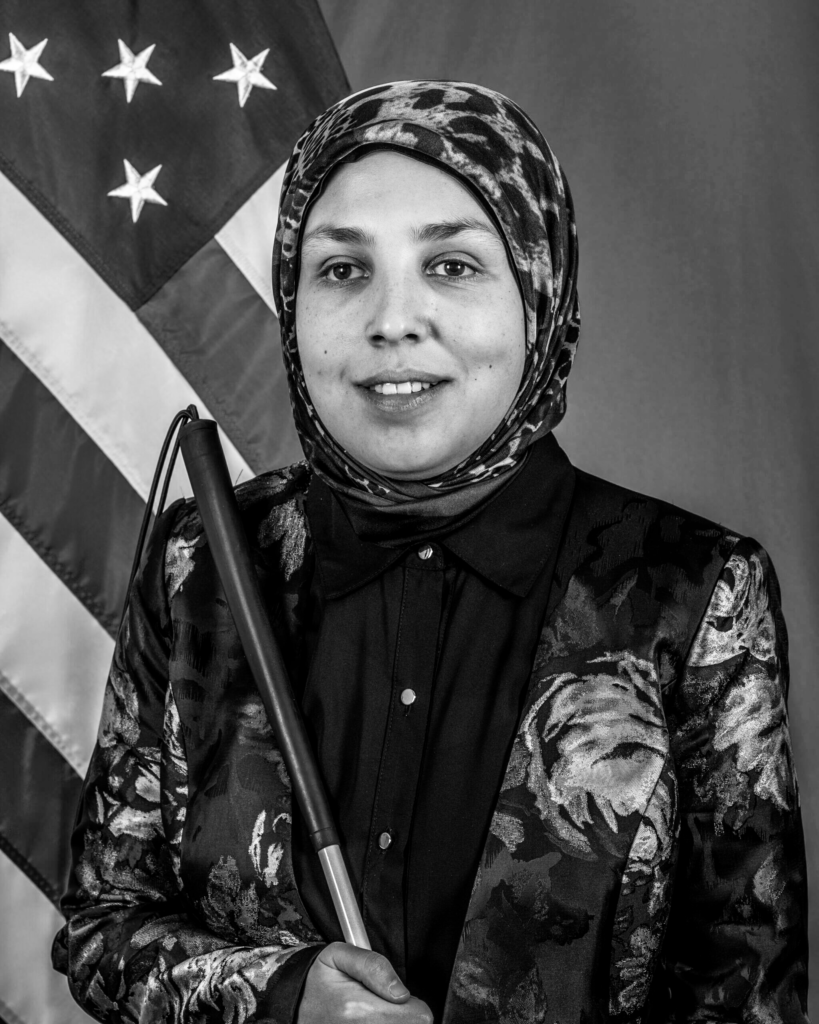
Sara Minkara lost her sight at the age of seven but gained a greater awareness of herself and the world around her. Because she can’t interact with labels from a visual-lens, she has learned to withhold her assumptions about people and get to know them for who they really are. Sara Minkara is a blind, Lebanese-American, Muslim woman and the Special Advisor on International Disability Rights. She is the founder of Empowerment Through Integration, a non-profit committed to improving the lives of people with disabilities. In this episode of Traverse Talks with Sueann Ramella, Sara discusses her experience living as a blind woman in a world built for seeing people. Listen to this episode to learn why disability inclusion isn’t just the right thing to do, but a value for all people.
SUBSCRIBE: Spotify / Apple Podcasts / NPR One / YouTube
Listen
Conversation Highlights:
What Is Gained When Sight Is Lost?
Sueann Ramella: You lost your sight at seven. What do you remember about having sight and what have you gained from being blind?
Sara Minkara: I love that question. What have I gained from being blind? I mean, I do remember what colors look like. I remember what certain things look like, but from a very faded memory, and to be honest, you know, over my journey of becoming blind and losing my physical sight, I think I took an intentional route at some point where I don’t focus on experiencing the world through a visual lens, but experiencing it through my other lenses and senses. And right now, I always say that my blindness has become my biggest blessing, and it’s because it’s allowed me to see the world in a more authentic way, in many ways and be more authentic because when I walk down the street I don’t know how people are seeing me or looking at me. I don’t know what, you know, I don’t see a lot of that. And that allows me to be more of my true self. My friends are always saying, “Oh, sad.” Like, “Sara, we’re in public, behave yourself” kind of thing, but you know, I, myself outside-inside, this is who I am. And I think that’s been a huge blessing. And similarly, when I meet a person for the first time, I can’t make a lot of labels and assumptions. Yes, I can hear and that kind of stuff, but a lot of the labels from a visual lens I can’t interact with and that allows me to, if I get to know you, I have to ask you, “Who are you? And tell me more about yourself.” And that allows me to really look at a person and see a person for who they are.
Sueann: Yeah.
Sara: If I ever do get my physical eyesight back, I hope I can still retain the aspect of delaying and not making a lot of assumptions.
Sueann: Is that a possibility?
Sara: Who knows what science and medicine may be? But you know, I always get that question, “Do you ever want your eyesight back?” Right now I say, “No.” It’s become a big part of my identity.
Seeing The Value In Others Is Empowering – Pitying Them Is Not:
Sueann: How can other parents empower their children who may have a disability?
Sara: I think one is trying first not to listen what society’s expectation or lack thereof of disability to enter the home because that in itself is the biggest barrier. And it’s hard, sometimes hard for parents to remove that, right? And trying to create an environment at home that’s not based on pity. And not based on over-protectiveness, but based on your disability is part of who you are and it’s gonna be a strength, and you have value, and I see who you are, you belong, you exist and you have value to contribute. But I’m not gonna tell you what that value is. You’re gonna explore who you are.
Sueann: Ooh.
Sara: And gotta make space for their kids to explore their true potential and their true value.
Sueann: So it sounds to me as if sometimes when we pity others, it comes from ourselves and our own fears that we may be putting on other people. So as society it’s like, they’re just afraid of those with disabilities or differences then if they pity them.
Sara: Yeah. They’re afraid. They don’t know how maybe, you know, there is this sense of less than as well, you know. I don’t think anyone is perfect in this world. We’re all created imperfectly in a perfect way, but some disabilities are more evident and people like to stay on that. And I think it’s all about the narrative and it’s hard for people to turn it into something positive. I have sometimes people talking to me and they’re like, “Oh, differently abled, right?” I’m like, “No, no, I am a person with a disability.” That’s the reality, I am blind. Don’t take that away from me, don’t change that. That’s part of who I am. But what I want you to do is just change the way you look at my disability.
It’s Not Just The Right Thing To Do:
Sueann: So what advice would you offer someone with a disability who wants to work in a position, but their employer’s not being accommodating?
Sara: Well, one, knowing your rights, and I think that’s really important. Two, I mean, I’d say most spaces it’s not about wanting to be malicious, right? A lot of times it’s just, I don’t know how.
Sueann: Okay.
Sara: And if you tell them this is what would may be easier for me, and can we do this, and let’s have a conversation, sometimes it will work, sometimes it might not. There is different ways, and I think, but what’s really important, something to always bring forward and something I’ve been, you know, trying to bring forward, even in my new roles aspect of human-centric design.
Sueann: Human-centric design?
Sara: So when you are designing policies or procedures or whatever, to really create it from a human-centric perspective of your employees. And trying to understand the journey-mapping of the employees and seeing what their journey looks like. And I think if we instill more of that perspective, whether in our policies or in our programs or procedures or whatever, I think that shifts the mindset that we wanna actually include you because you have value.
Sueann: Okay, you’re blowing my mind with this idea of an employee’s journey, because aren’t we really just cogs in a wheel to make a product, Sara?
Sara: We are. I mean, we are all working towards for private sector reset called the bottom line, but you know, an Accenture report came out a few years ago showing that when we are a more inclusive space and we’re able to actually employing people’s ability actually helps the bottom line. And I truly believe when you are able to include a diverse workforce, you’re able to bring in more diverse talent and more value, and that is gonna help your bottom line.
Sueann: Okay.
Sara: And I’ve seen different types of companies where companies that care and create a space that understands their employees and cares are gonna get more out of their employees. And again, also retain their employees. Yes, it might be more costly in the short term, or it might be more difficult in the short term to actually be doing that for the long term gain.
Sueann: I’m a fan of long term gains.
*Question and responses were edited for length and clarity.
Related Stories:
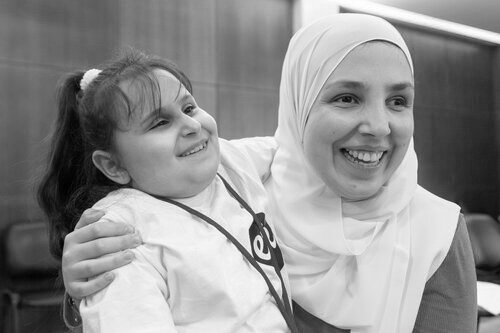
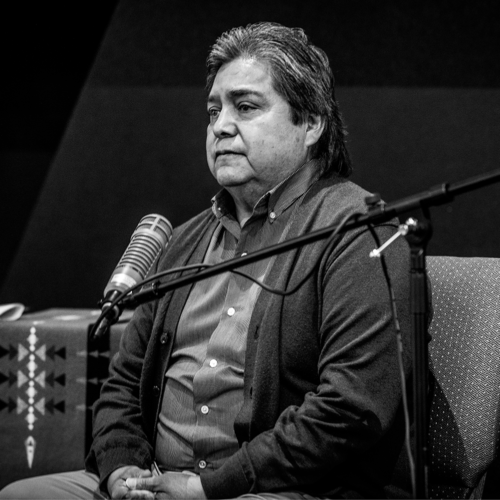
Captive Returns Home: The Story Of Wetxuuwíitin – ‘Traverse Talks’ Episode 42 – With Chairman Samuel Penney
Photo of Sam Penney recording Traverse Talks at the Nez Perce National Historic Park on March 10, 2022. Imagine a stranger took your family’s heirlooms and then offered you an
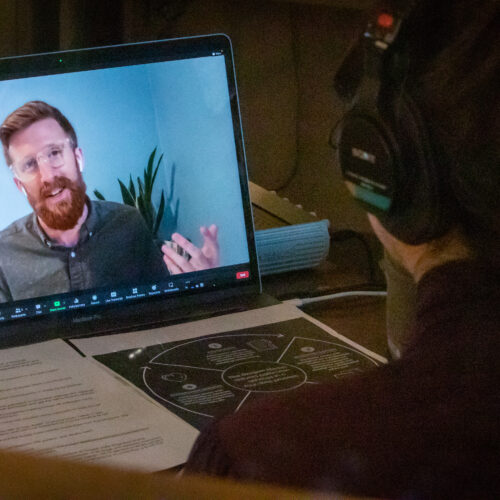
Psilocybin: Psychology, Policy and Possibilities – ‘Traverse Talks’ Episode 41 – With Sam Chapman
Sueann Ramella interviews Sam Chapman virtually on April 19, 2022. What do you really know about psilocybin, commonly known as magic mushrooms? Research on the substance has lagged behind in

You Inherited A House Full Of Stuff. What’s Next? ‘Traverse Talks’ Episode 38 – With Estate Services Owner Rich Old
Rich Old recording this episode of Traverse Talks on March 3rd, 2022. Grieving the loss of a loved one is already hard enough. To make matters worse, many people have

